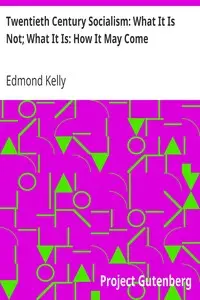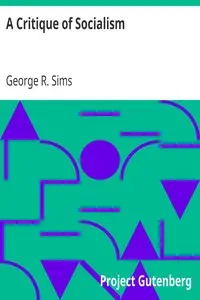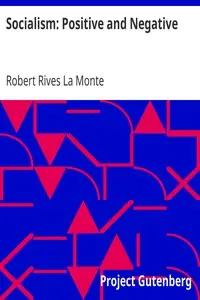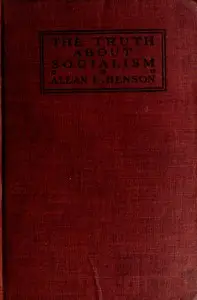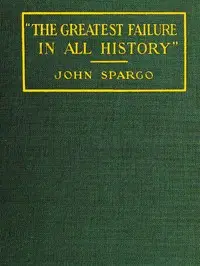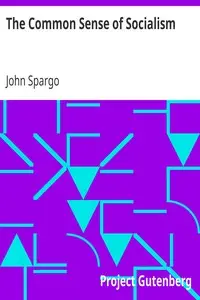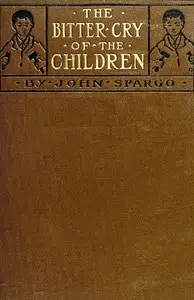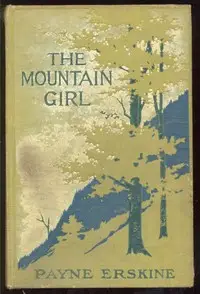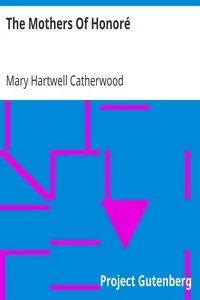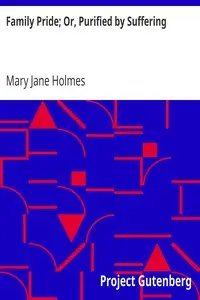"Socialism: A Summary and Interpretation of Socialist Principles" by John Spargo is a book of political ideas from the start of the 1900s, that explains the main ideas and development of socialism when more people were curious about it. The book goes into the history of socialism, the rules it follows, and the important people and groups that helped shape its discussions. At the start, the author talks about how people's view of socialism was changing. He mentions that in the past, people had wrong ideas about socialism, like thinking it meant violence or that socialists wanted to equally split up everyone's money. But he says that more people are starting to see socialism as a movement that wants what's best and fair for the community. He thinks it’s important for people to really try to understand socialist ideas, because this understanding will affect how well society does in the future, as the book uncovers the historical significance of people such as Robert Owen.
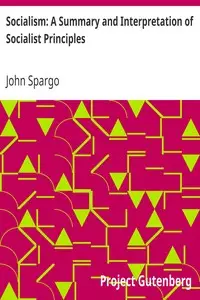
Socialism: A Summary and Interpretation of Socialist Principles
By John Spargo
Explore the transformation of a misunderstood political ideology into a movement seeking societal wellbeing and justice.
Summary
About the AuthorJohn Spargo was a British political writer who, later in life, became an expert in the history and crafts of Vermont. At first Spargo was active in the Socialist Party of America. A Methodist preacher, he tried to meld the Protestant Social Gospel with Marxist socialism in Marxian Socialism and Religion: A Study of the Relation of the Marxian Theories to the Fundamental Principles of Religion (1915). He also founded a settlement house in Yonkers, N.Y. Spargo moved steadily to the right after 1917 when he supported American intervention in World War I. With AFL leader Samuel Gompers he organized the American Alliance for Labor and Democracy in 1917. Spargo helped draft the Colby Note that formalised the Wilson administration's anti-communist policies. He strongly denounced the Bolshevik Revolution in Bolshevism: The Enemy of Political and Industrial Democracy (1919). He opposed the foreign policy of the New Deal, especially its recognition of the USSR in 1933. He supported the House Un-American Activities Committee in the late 1930s and Senator Joseph McCarthy in the early 1950s. He endorsed Barry Goldwater In the 1964 Elections.
John Spargo was a British political writer who, later in life, became an expert in the history and crafts of Vermont. At first Spargo was active in the Socialist Party of America. A Methodist preacher, he tried to meld the Protestant Social Gospel with Marxist socialism in Marxian Socialism and Religion: A Study of the Relation of the Marxian Theories to the Fundamental Principles of Religion (1915). He also founded a settlement house in Yonkers, N.Y. Spargo moved steadily to the right after 1917 when he supported American intervention in World War I. With AFL leader Samuel Gompers he organized the American Alliance for Labor and Democracy in 1917. Spargo helped draft the Colby Note that formalised the Wilson administration's anti-communist policies. He strongly denounced the Bolshevik Revolution in Bolshevism: The Enemy of Political and Industrial Democracy (1919). He opposed the foreign policy of the New Deal, especially its recognition of the USSR in 1933. He supported the House Un-American Activities Committee in the late 1930s and Senator Joseph McCarthy in the early 1950s. He endorsed Barry Goldwater In the 1964 Elections.

